Disclosure: This article contains affiliate links. We may earn a commission from purchases at no extra cost to you, which helps our travel content.
The train from Lahore pulls into Rawalpindi station, and I'm instantly transported back to my childhood. The familiar scent of cardamom chai wafting through the air, the melodic chaos of vendors calling out their wares—these sensations have remained unchanged since my father first brought me here as a boy. Pakistan has always represented half of my heritage, a complex tapestry of memories and family connections that I've spent a lifetime exploring. Today, I return to the twin cities of Rawalpindi and Islamabad not just as a son of this land, but as a traveler seeking to understand how these neighboring yet contrasting urban centers reflect Pakistan's journey through time—from colonial outpost to modern capital. Join me as we navigate the narrow, history-laden streets of Rawalpindi and the wide, tree-lined avenues of Islamabad, uncovering the soul of these sister cities where tradition and innovation dance in perpetual harmony.
Rawalpindi: Echoes of a Colonial Past
Raja Bazaar pulses with an energy that reminds me of covering cricket matches at nearby stadiums—the same intensity, but channeled into commerce rather than sport. This historic market has been Rawalpindi's beating heart since long before Pakistan's independence, and walking through its narrow lanes feels like traversing living history.
During my childhood visits to my father's diplomatic colleagues, I remember being mesmerized by the British colonial architecture that still defines much of Rawalpindi. The Gordon College campus, with its red-brick Victorian buildings, stands as perhaps the most elegant reminder of this era. Walking through its grounds, I'm reminded that educational institutions often preserve history better than museums.
The Rawalpindi Cricket Stadium holds special significance for me. Having covered dozens of international matches here during my sports journalism career, I've witnessed how this venue transforms during Pakistan's home series—becoming a cauldron of passion that exemplifies the nation's love affair with cricket. Even when empty, the stadium vibrates with echoes of historic matches and the ghosts of cricket legends.
For those interested in military history, the Army Museum provides a comprehensive overview of Pakistan's military evolution. The carefully curated exhibits offer insights into the region's strategic importance through centuries of conquest and resistance. As someone who has reported on the geopolitical significance of this region, I find the museum's narrative fascinating, if somewhat selective in its telling.
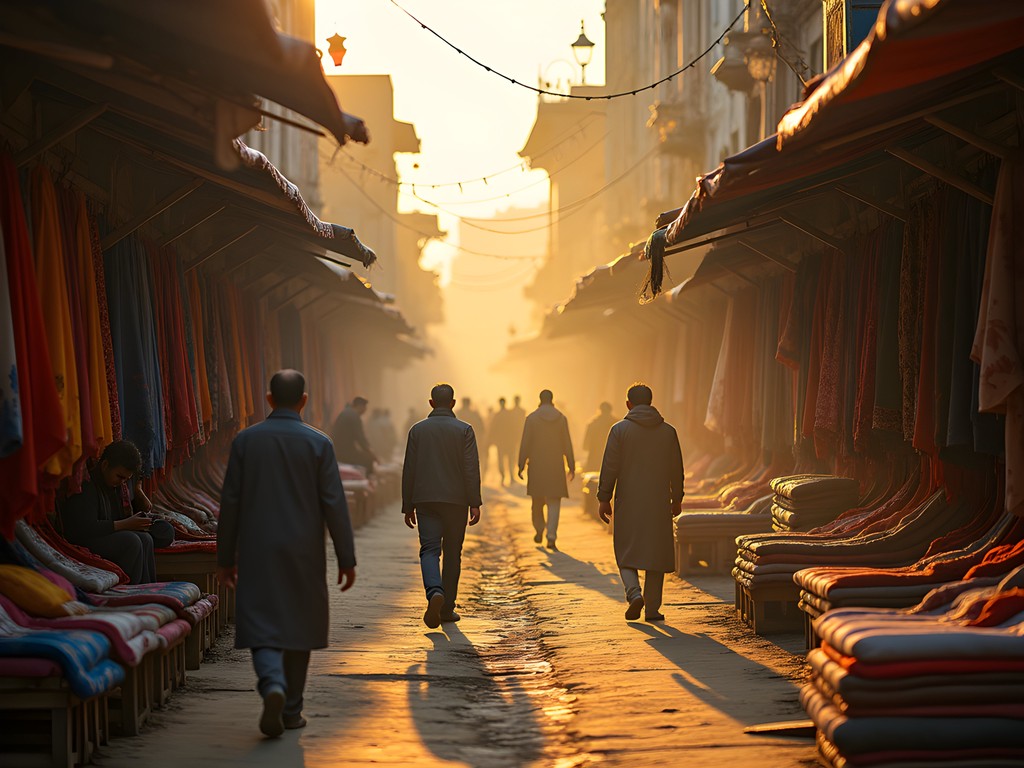
💡 Pro Tips
- Visit Raja Bazaar early morning to avoid the midday crowds and heat
- Hire a local guide for the colonial walking tour to understand the historical context
- The Army Museum requires advance permission for foreign visitors - apply at least 3 days before your visit
Islamabad: A Vision of Modern Pakistan
Crossing into Islamabad feels like entering another world—one meticulously planned and executed as a statement of Pakistan's aspirations. The city's wide boulevards, organized sectors, and abundant greenery stand in stark contrast to Rawalpindi's organic chaos. As someone who has witnessed the evolution of numerous capital cities through my travels, I find Islamabad's intentional design fascinating.
Faisal Mosque remains the city's most iconic landmark, and rightfully so. Its contemporary interpretation of Islamic architecture—designed by Turkish architect Vedat Dalokay—creates a spiritual space that feels both timeless and modern. During my visits, I always carry my travel binoculars to appreciate the intricate details of the mosque's minarets and the sweeping views of the Margalla Hills beyond.
Daman-e-Koh offers perhaps the most spectacular panorama of Islamabad. This lookout point in the Margalla Hills National Park provides perspective on how the city was conceived as a garden capital. I've found dawn visits particularly rewarding, when the morning light gradually illuminates the city grid below and the air vibrates with possibilities.
The Pakistan Monument, with its petal-shaped structure representing the nation's provinces and territories, offers both architectural beauty and cultural significance. The adjacent museum provides context for understanding Pakistan's journey to independence—a story I heard countless times from my father, but one that gains new dimensions when viewed through this carefully curated national narrative.
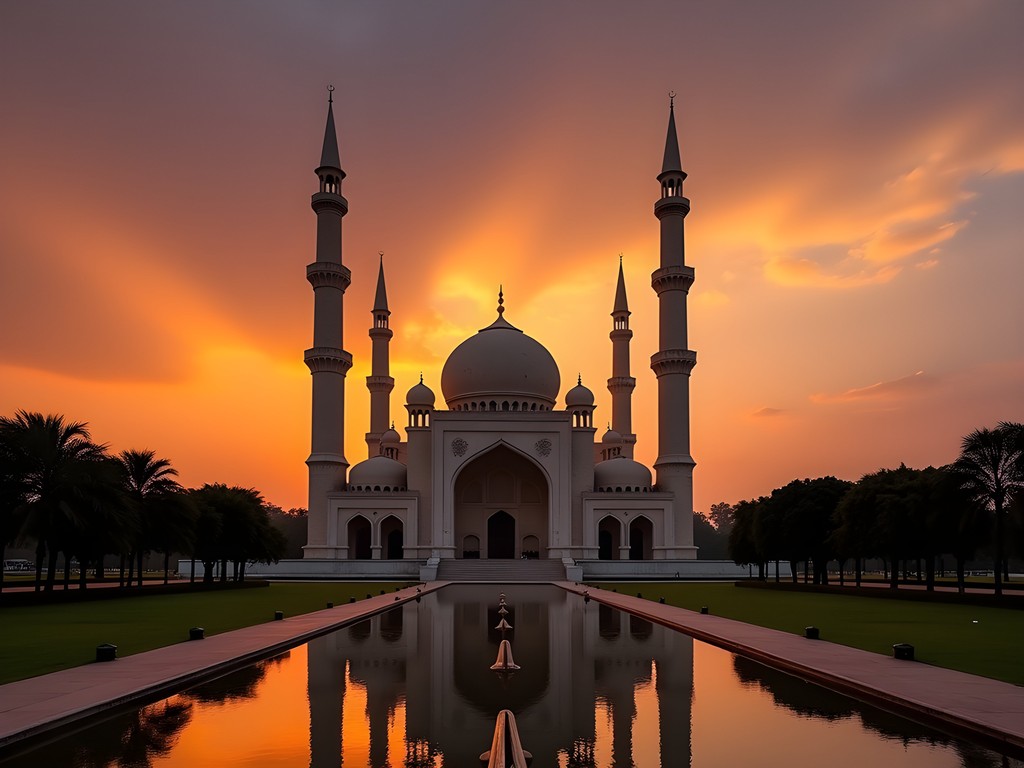
💡 Pro Tips
- Visit Faisal Mosque outside prayer times if you're a non-Muslim tourist seeking to appreciate the architecture
- Bring a good camera with wide-angle lens to capture Islamabad's spacious urban design
- Daman-e-Koh is best visited at sunrise or sunset for spectacular lighting conditions
Cultural Immersion: Where Heritage Meets Healing
My dual heritage has always made me particularly attuned to the subtle energies of places where cultures converge. The Lok Virsa Museum (National Institute of Folk and Traditional Heritage) exemplifies this convergence, housing artifacts that tell the story of Pakistan's diverse cultural landscape. The textile exhibits particularly resonate with me, reminding me of my Pakistani grandmother's collection of handwoven fabrics that fascinated me as a child.
After years of high-stress sports journalism assignments, I've become increasingly drawn to spaces of healing and reflection. The Shakarparian Cultural Complex offers both cultural immersion and tranquil gardens where one can practice mindfulness. I often bring my meditation cushion to find a quiet corner among the terraced gardens, connecting with the earth energy that feels particularly strong in these hills.
For those seeking authentic cultural exchanges, I recommend visiting during festival periods. The annual Lok Mela folk festival transforms Islamabad into a vibrant showcase of regional traditions. Having covered sporting events worldwide, I've developed an appreciation for how cultural celebrations reveal a nation's true character far more accurately than any official narrative.
The twin cities offer fascinating contrasts in culinary experiences as well. While Islamabad boasts sophisticated international restaurants, I'm invariably drawn to Rawalpindi's street food scene. The kebab stalls near Raja Bazaar serve meat that's been prepared according to recipes passed down through generations. My travel journal contains detailed notes on favorite food stalls discovered over decades of visits—each entry a time capsule of flavors and memories.
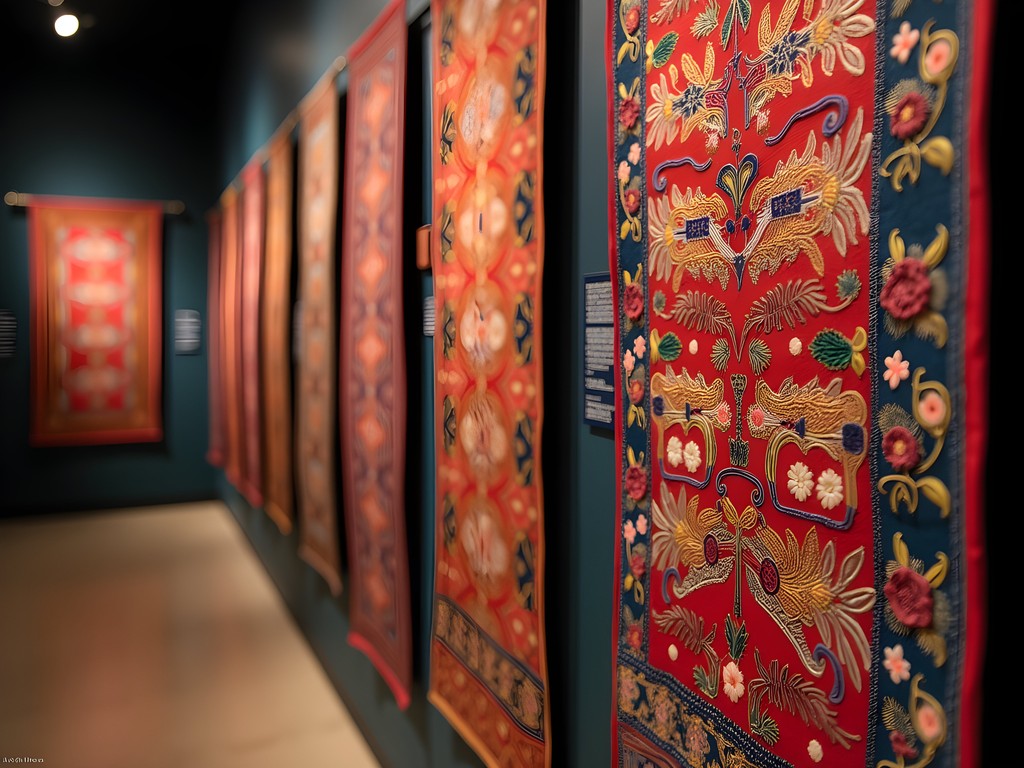
💡 Pro Tips
- Attend a live folk music performance at Lok Virsa on weekend evenings
- Respect local customs by dressing modestly when visiting cultural sites and residential areas
- Learn a few basic Urdu phrases - locals appreciate the effort and will often respond with extraordinary hospitality
Nature's Retreats: Finding Balance Between Urban Centers
The Margalla Hills National Park serves as nature's buffer between the twin cities, offering an escape from urban intensity. Having spent decades in the high-pressure environment of sports journalism, I've come to value such natural sanctuaries. The hiking trails here range from gentle walks to challenging climbs, with Trail 5 being my personal favorite for its balance of accessibility and rewarding views.
Rawal Lake, straddling the boundary between the twin cities, provides another tranquil retreat. Early mornings here remind me of childhood fishing trips with my Japanese grandfather—the same quality of light reflecting off still waters, the same sense of anticipation. The Lake View Park offers well-maintained walking paths and rental boats for those seeking to experience the water up close.
For a more immersive natural experience, the Ayub National Park in Rawalpindi combines historical monuments with landscaped gardens and a small wildlife sanctuary. The Japanese-style garden section always evokes a sense of nostalgia for my mother's homeland, creating a curious fusion of my dual heritage in this unexpected setting.
During spring visits, I make a point of visiting Rose and Jasmine Garden in Islamabad when the flowers are in full bloom. The sensory experience—particularly the intermingling fragrances—creates a natural aromatherapy session that I find deeply restorative after long flights. For serious hikers, I recommend the trekking poles that have served me well on the steeper Margalla trails, providing stability and reducing strain on aging knees.
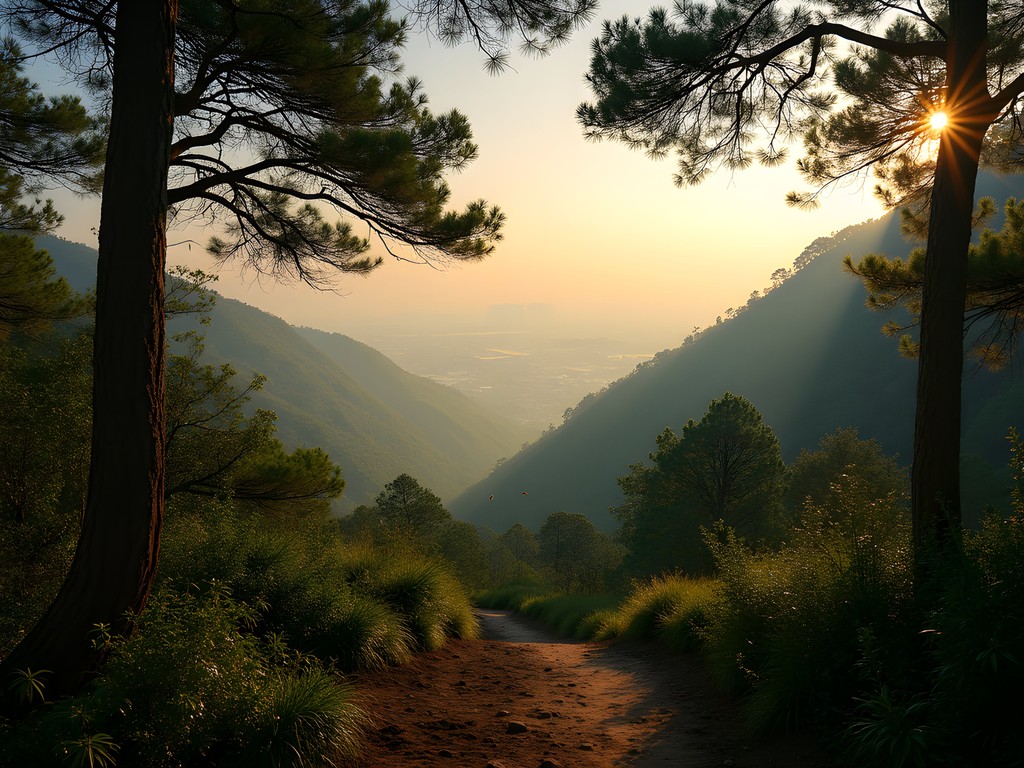
💡 Pro Tips
- Start Margalla Hills hikes early in the morning to avoid midday heat and enjoy clearer views
- Bring sufficient water as facilities are limited on hiking trails
- Visit Rawal Lake at sunset for spectacular photography opportunities
Bridging Ancient Wisdom with Modern Wellness
My journey into energy healing began after a stress-induced health crisis in my forties, and I've found Pakistan's twin cities offer fascinating opportunities to explore traditional healing practices. In Rawalpindi's older neighborhoods, I've connected with practitioners of Yunani medicine, an ancient healing system that arrived with Persian influence centuries ago. These experiences provide insights into indigenous knowledge systems that modern medicine is only beginning to appreciate.
Islamabad, meanwhile, hosts several wellness centers that blend traditional practices with contemporary approaches. The Serenity Spa near Kohsar Market offers treatments incorporating local herbs and traditional massage techniques. After long days of exploration, I find their signature Himalayan salt therapy particularly effective for restoring balance.
For those interested in mindfulness practices, the Pakistan Monument gardens provide an ideal setting for morning meditation. I often bring my yoga mat to practice sun salutations as daylight breaks over the city—connecting with both the earth energy and the cultural significance of this carefully designed space.
The contrast between ancient and modern healing approaches mirrors the twin cities themselves: Rawalpindi offering traditional wisdom passed through generations, Islamabad presenting contemporary interpretations of timeless practices. This duality creates a unique opportunity for travelers to experience the full spectrum of Pakistan's wellness traditions.
During my visits, I've found that engaging with local practitioners requires respect and openness. Many traditional healers are initially hesitant with foreigners but become incredibly generous with their knowledge once they sense genuine interest. These exchanges have become some of my most treasured experiences in Pakistan, offering insights that transcend typical tourist encounters.
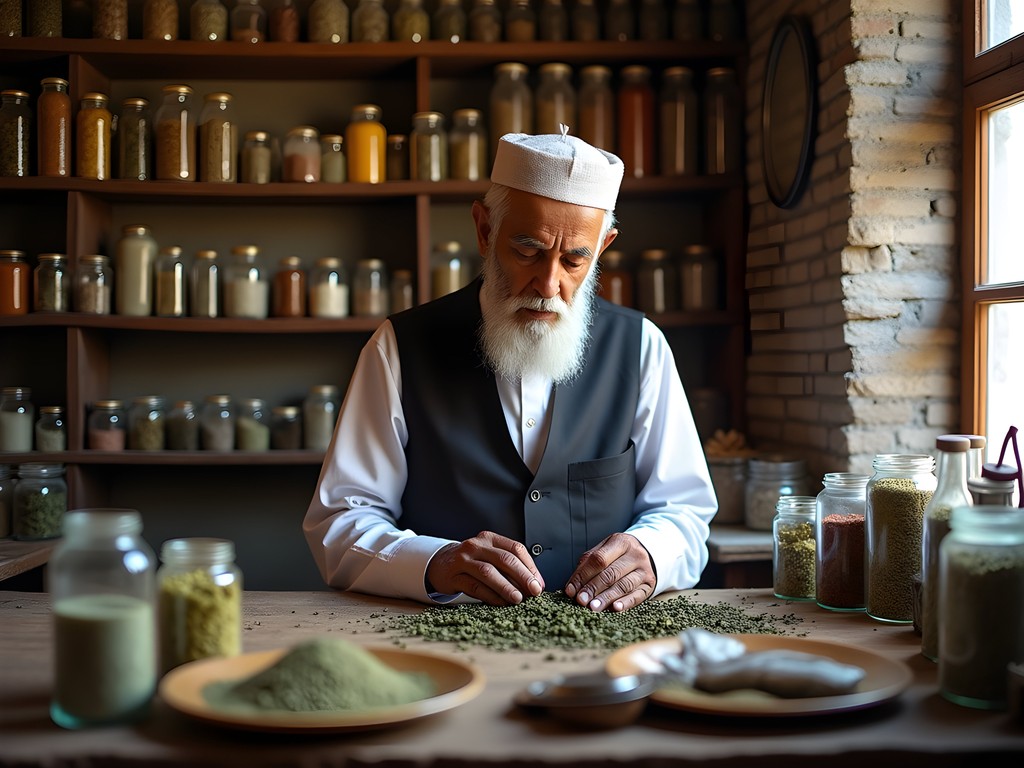
💡 Pro Tips
- Research reputable wellness centers in advance as quality varies significantly
- Learn basic Urdu phrases related to wellness and healing to facilitate deeper connections with traditional practitioners
- Respect traditional healers by bringing a small gift (often dried fruits are appropriate) when seeking their knowledge
Final Thoughts
As my week exploring the twin cities comes to an end, I find myself sitting at a rooftop café in Rawalpindi, watching the sunset paint Islamabad's modern skyline in golden hues. These sister cities embody Pakistan's journey—one preserving the textured layers of history, the other reaching confidently toward the future. For travelers willing to look beyond headlines and embrace the complexity of this region, Rawalpindi and Islamabad offer profound insights into a nation at the crossroads of tradition and transformation. The twin cities have changed dramatically since my childhood visits, yet the essential character remains—the warmth of unexpected hospitality, the sensory richness of bustling markets, the peaceful contemplation in sacred spaces. Whether you're drawn by cultural heritage, natural beauty, or healing traditions, I encourage you to approach these cities with an open heart. In doing so, you might discover, as I have over decades of visits, that the true magic lies not in either city alone, but in the space between them—where past and future engage in constant, beautiful negotiation.
✨ Key Takeaways
- Allocate equal time to both cities to appreciate their contrasting characters and complementary offerings
- Morning exploration in Rawalpindi's historic areas pairs well with afternoon visits to Islamabad's modern attractions
- The twin cities offer unique insights into Pakistan's journey from colonial past to independent future
📋 Practical Information
Best Time to Visit
March-May (spring) or September-November (autumn)
Budget Estimate
$50-100 per day including mid-range accommodations and meals
Recommended Duration
7 days (3 in Rawalpindi, 4 in Islamabad)
Difficulty Level
Moderate
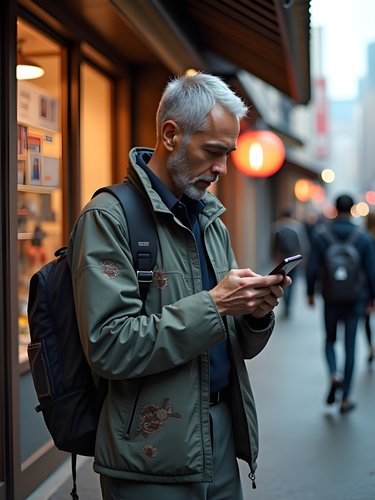
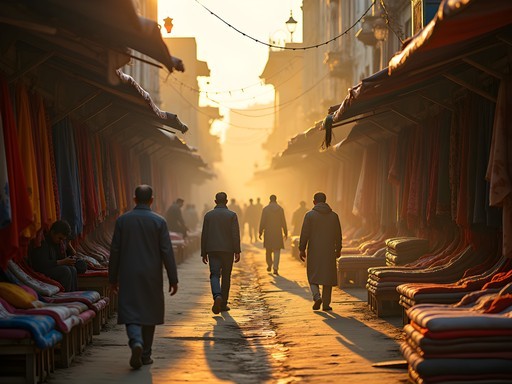
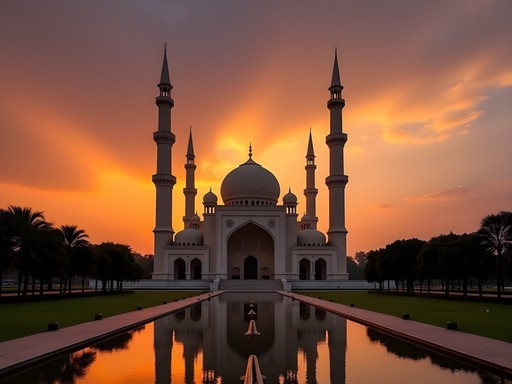
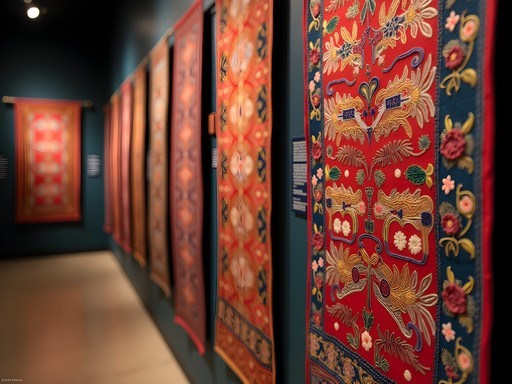
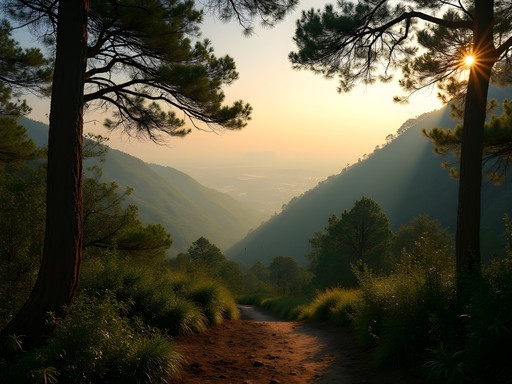
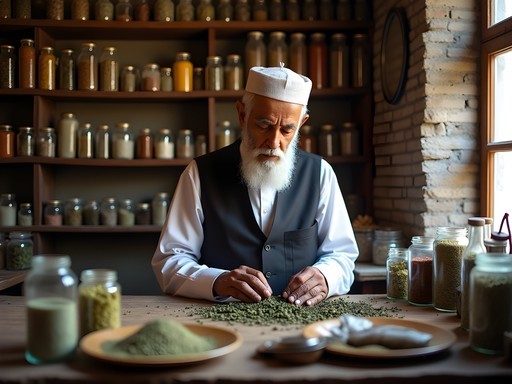


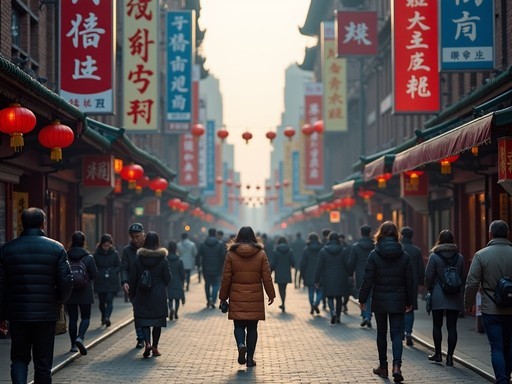
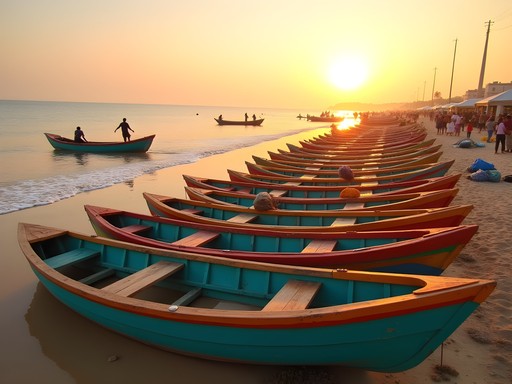
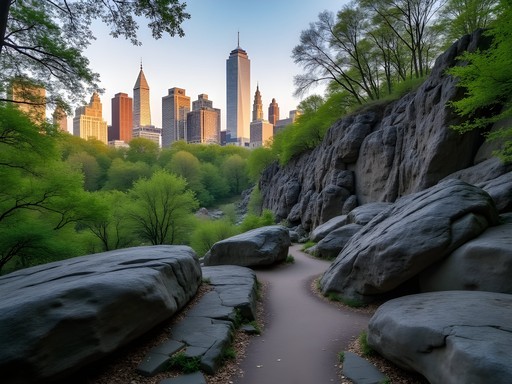
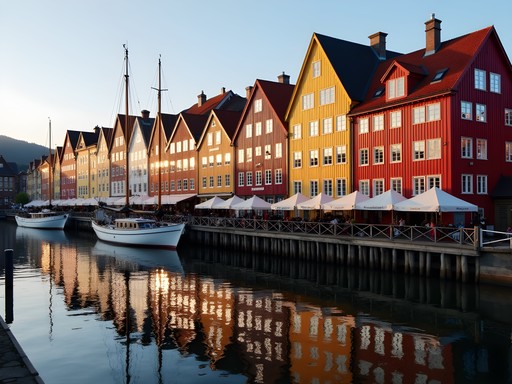
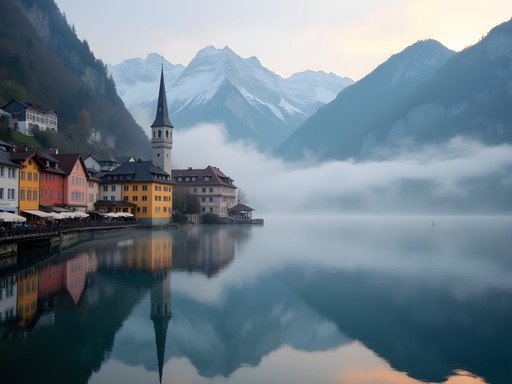
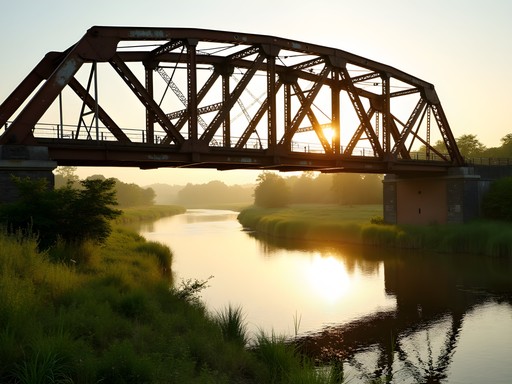
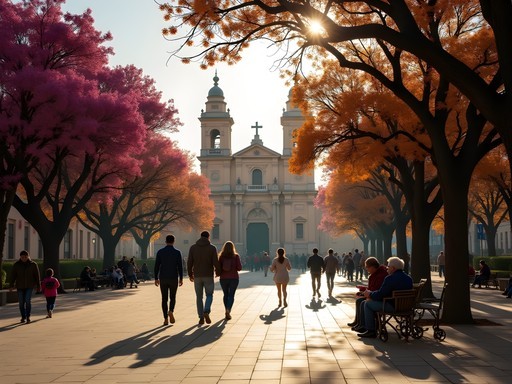
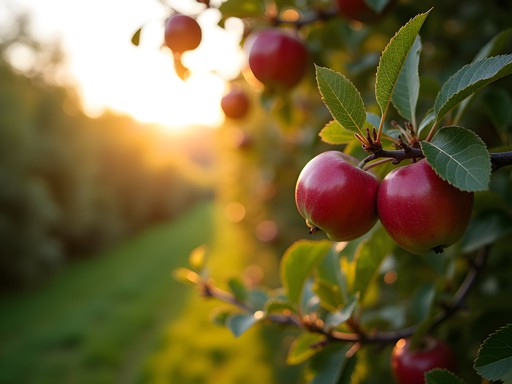
Comments
Frank Garcia
Strong analysis of the urban dichotomy here. What struck me most during my backpacking trip through Pakistan was how Rawalpindi maintains its authenticity while Islamabad feels almost artificially constructed - yet both work. The economic disparity is visible but the cultural flow between them is seamless. Your section on the healing centers was particularly interesting. Did you explore any of the Sufi shrines in the area? They offer another layer to understanding the spiritual dimension of the region.
Luca Khan
Yes! Visited Bari Imam shrine - incredibly moving experience. Didn't include it in this piece but might do a follow-up focused on the spiritual sites.
hikingtime
loved reading this! spent 3 weeks in pakistan last year and the twin cities were a highlight. raja bazaar in rawalpindi is absolutely chaotic but in the best way possible. got some incredible spices and textiles there. also that rooftop cafe you mentioned - is it the one near saddar? think i might have been to the same spot
adventureninja
How many days would you recommend for both cities? Planning a trip in October and trying to figure out timing
Luca Khan
I'd say minimum 4-5 days to really experience both. October is perfect timing - the weather will be beautiful!
Frank Garcia
October is ideal. I'd allocate 2 days for Rawalpindi's bazaars and old city, 2 for Islamabad's museums and Faisal Mosque, plus a day trip to Margalla Hills. The hiking trails there are worth it.
Taylor Moreau
Excellent piece, Luca. I visited Islamabad for a conference last year and regrettably only spent an afternoon in Rawalpindi. Your description of the colonial architecture has me reconsidering a return trip. The juxtaposition between the planned modernity of Islamabad and the organic development of Rawalpindi is fascinating from an urban planning perspective. Did you find the Metro Bus system reliable for moving between the cities? I'm curious about connectivity for business travelers.
Luca Khan
Taylor, the Metro Bus is excellent - runs every few minutes during peak hours and very affordable. For business travel, it's quite reliable. Taxis and ride-sharing apps work well too if you prefer more flexibility.
hikingtime
seconding this! used the metro bus last spring and it was super convenient. way better than dealing with traffic
skyhero
Amazing photos!
escapehero
This is EXACTLY what I needed!! Been wanting to visit Pakistan for ages and this just convinced me. The way you describe the chai vendors and the contrast between the two cities - absolutely beautiful writing Luca!
Luca Khan
Thank you so much! The twin cities really do offer the best of both worlds. Let me know if you need any specific recommendations when you plan your trip!
roamzone
I'm planning a 3-day visit to the twin cities next month. Would you recommend staying in Rawalpindi or Islamabad? And what's the best area to base myself for exploring both? Great post btw, really helpful overview!
Luca Khan
For a first-timer, I'd recommend staying in Islamabad - specifically the F-6 or F-7 sectors. They're central, have great amenities, and you'll find it easy to travel to Rawalpindi from there. The Blue Area is also good if you want to be near shopping and restaurants.
Fatima Sims
I second Luca's recommendation! F-7 is perfect - quiet enough to rest but close to everything. The Metro Bus station is nearby too for easy trips to Rawalpindi.
Riley Griffin
Wonderful post, Luca! We took our kids (12 and 14) to the twin cities last year and they were fascinated by the contrast too. For families visiting, I'd highly recommend the Pakistan Monument in Islamabad - the architecture is stunning and there's enough open space for kids to run around. In Rawalpindi, our kids loved exploring the Raja Bazaar - though be prepared for sensory overload! We found having a good paper map really helpful since GPS can be spotty in the older parts of Rawalpindi. I used the pocket guide which has excellent walking tours for both cities. The Centaurus Mall in Islamabad was also a hit with the teens - perfect for when everyone needed a break from sightseeing.
sunsetlover
Those chai vendors at Rawalpindi station sound amazing! I'm a huge tea lover, can't wait to try it!
winterlife
The contrast between old and new sounds amazing! Did you feel safe walking around both cities?
Luca Khan
Absolutely! Both cities felt very safe to me. As with anywhere, just use common sense precautions. The locals were incredibly welcoming and helpful whenever I needed directions.
Venture X
Premium card with 2X miles, $300 travel credit, Priority Pass